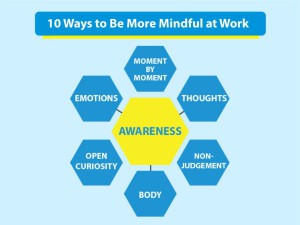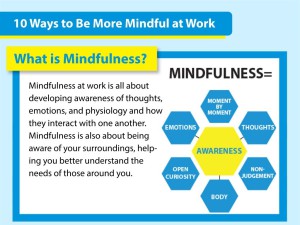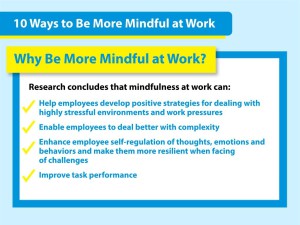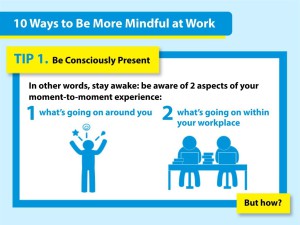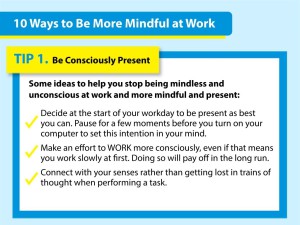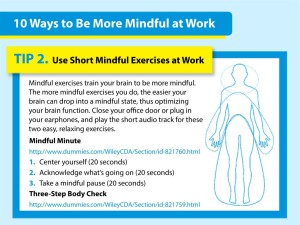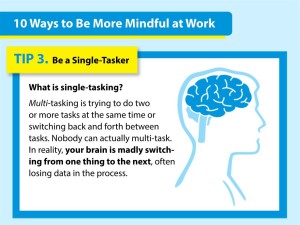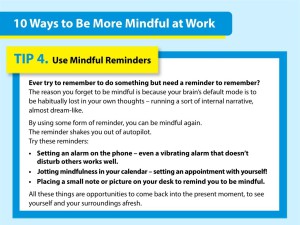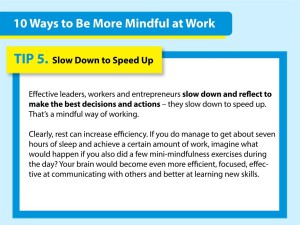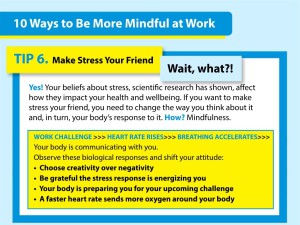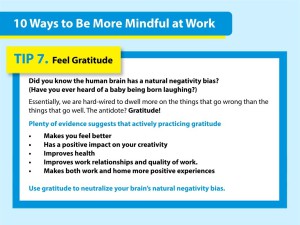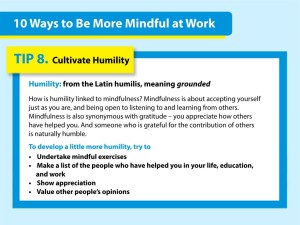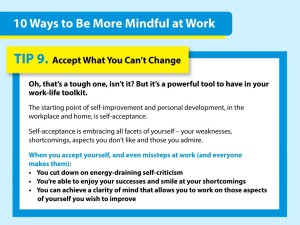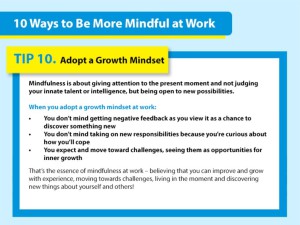 Over 100 million Americans suffer from some form of chronic pain–that’s nearly half of all adults in the country. As such, treatments from hospital visits, medication, and the like, amount to more than half a trillion dollars in a given year, according to studies. Furthermore, it should be noted that those who report and receive some form of treatment for disability as a result of pain, are mostly affected by lower back problems, amounting to more than 26 million Americans. This is a national issue.
Over 100 million Americans suffer from some form of chronic pain–that’s nearly half of all adults in the country. As such, treatments from hospital visits, medication, and the like, amount to more than half a trillion dollars in a given year, according to studies. Furthermore, it should be noted that those who report and receive some form of treatment for disability as a result of pain, are mostly affected by lower back problems, amounting to more than 26 million Americans. This is a national issue.
Treatment for lower back pain typically includes various types of pain medication and sometimes surgery. The problems with latter are that they further delay productivity and can be dangerous, given the sensitivity of the area and its function to the overall body. The process of recovery from surgery can take about four months, making it less of an option for those which have jobs that require them to be available. That leaves medication, which can either decrease inflammation or cut off the pain itself. While commonly effective, there are potential, unpleasant side effects, including stomach pains, fatigue, heart attacks, and dependency.
However, recent research shows that the process of mindfulness meditation can be effective in treating this epidemic. Researchers lead Dr. Natalia Morone at the University of Pittsburgh, asked a group of 282 seniors to be involved in the study. Over a period of 8 months, total, two groups chosen at random were given different treatments–one was given methods to deal with mindfulness, the other was taught information about health and aging. Both groups experienced successes; however the mindful group had overall better results.
By teaching patients to be more aware of their thoughts and ways focus and feelings of pain can prevent them from completing other tasks, researchers found that the mindful group was better able to cope with pain, resulting in diminished symptoms. More specifically, more than three quarters of the mindful group noted improvements in levels of pain, compared to the same from less than half of those who were only given healthy aging tips. That’s a dramatic difference of 34 percentage points. It should be noted that only these two groups were compared. Other treatments, like those listed above, were not directly involved nor placed alongside the study. Though, Dr. Morone suggests that exercise could improve physical function in addition to the absence or lower level of pain.
These findings are important because they provide an alternative that is arguably healthier than medication and less risky than surgery. Especially for seniors, this option is most attractive and provides more flexibility when it comes to managing day to day activities. Furthermore, the benefits of mindfulness extend beyond dealing with pain and can be used to destress, get better sleep, and live a more positive, healthy life. Hence, learning concepts and developing skills for mindfulness meditation can improve multiple areas of one’s life. That’s the greatest benefit.

